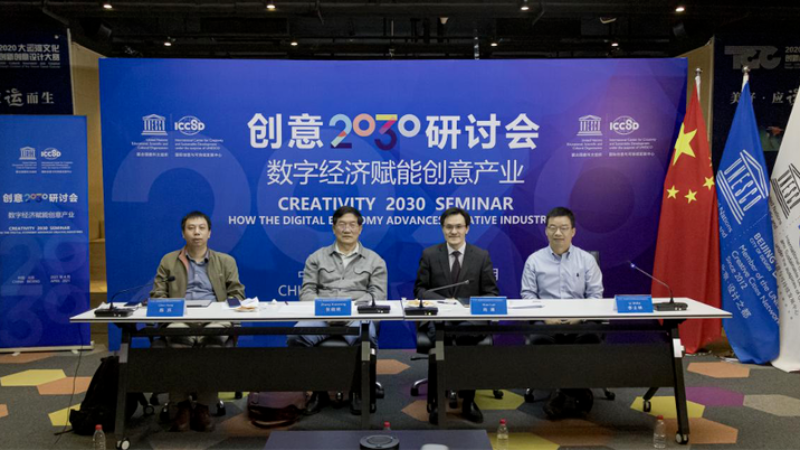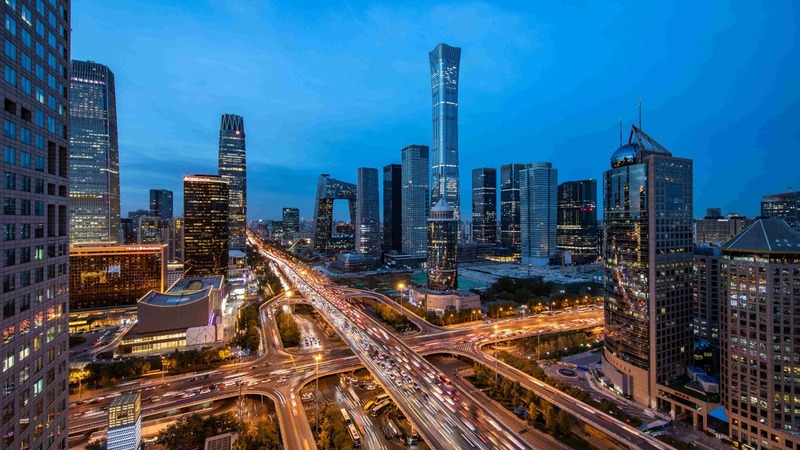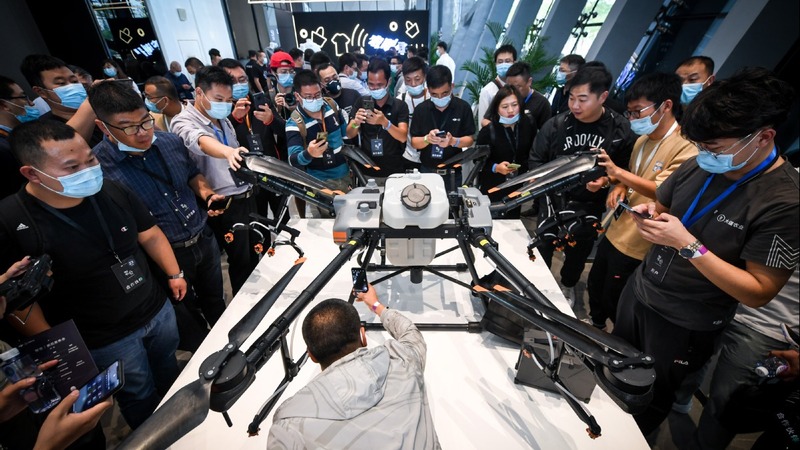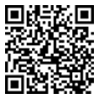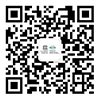“The future is now"--"immediacy" in creative subject education
Many things had happened in the last year that have increased a sense of immediacy. Currently, we are facing multiple new challenges that deal not only with ourselves and with ethical concerns but also with society as a whole and with the planet. Any of our actions have these social, economic, ethical, and environmental impacts. Future right now for youngsters may not always be promising. So I am critical of our future. I hope that the idea of the learning experience can become a model to build immediate links with the world so as to better deal with these new challenges.
The outbreak of COVID-19 has moved almost all schools in the world to online teaching as more as possible. I'm now in Barcelona, participating this seminar online, just like participating other online meetings. Maintaining the balance of inter-city communication and contacts is of great importance. The high adaptability of students and faculty is really relevant with online teaching. Because we are sometimes excessively scared of changing. However, the pandemic forced us to take actions. Remarkably, all communities were able to adapt to this change.
It is also very important to keep the balance among digital screen, digital media and onsite contact. During the lockdown period, we need to push people to understand that not everything was happening inside the screen. We need to be involved in specific environment and pay attention to arising problems. We are so used to understand learning and education as an abstract and isolated moment in life which is not connected directly with each other. And it has no direct connection with our daily life. The outbreak of the pandemic has shown that how educational institutions, students, and academic staff can be part of what is happening in the world. And this also happened in its relations with the community. Digital technologies and digital media help to increase the sense of community, the sense of identity and the need for empathy we all had in such problematic moments.
It is known that Greece had two gods for time. The first was Chronos that is related to the objective, abstract, and chronological interpretation of time. And the other one is Cronos that is much more qualitative time related to a sense of flow and strongly linked to the idea of opportunity. After these months, we all learn that we shouldn't be that worried about the chronological understanding of time, learning, and interactions, and we need to be more open to the sense of opportunity, increasing interactions and holding more meetings and projects.
How education and creative industries can interact with the world? And this is a problem from abstraction to concretion. I think that first of all, we don't have to renounce the information, resources, data that we collected in institutions and factories, rather than paying an onsite visit. Digital technologies have allowed us to get these things closer. And that means that we don't need to be onsite. Thanks to digital technology, all people, information and data are connected, fully meeting our demands.
Barcelona put forward the solutions on creative industries actively participating in city development before the lockdown, and it also became the front line against the pandemic.The more cities interact with each other, the better society becomes, and over the past few months we've seen the number of urban interactions increase thanks to digital technology. In this way, we can launch projects anywhere, organize seminars and invite people everywhere. At this critical juncture, we have achieved a critical balance between online and offline.
We have been working for years on distributed school. We put forward the idea that the school is an engineer of development, which will lead to changes. Distributed school should establish direct links with sake holders, the environment and communities. So the idea of extend school is really important, especially for African countries. Starting five years ago, we have been working on projects with Senegalese craftsmen and designers. There is nothing that can happen inside a classroom, but it will be different in many other places as I said in Senegal, in the Moma in New York, or in the Adidas Maker Lab in Germany.
It is really important to understand that education and creative industries have to be really aware that they should be developed not only inside their communities but to other communities and to the whole planet. And immediate learning is not only a term of time. It is also related to the direct links between ideas and actions and between individuals and the surroundings. It doesn't need other media. Immediate learning means the school is no longer an isolated innovator apart from the world. All academic staff and students can work directly with any stakeholders, including NGOs, companies, agencies and community centers, which is really important. So there has been an online-onsite balance. We have also seen how bigger and higher quality audiences have been able to get into events and projects. And that means that maybe a CEO from an industry only ten meters on foot from the school or the CEO of the real important industry in the US has been able to get into the presentation, to get into the project. And this has improved the whole process and therefore got a more agile feedback and faster processes.
We have copperated with industries and stakeholders in the world at ELISAVA. And we have began to think about next step after the launch of the project. Digital technologies have increased the agility and the speed of these processes and the feedback. We have to be aware of what that digital technologies mean. They have been designed and applied by people. So I think we have to be open-minded but also critical. Our goal is that individuals and communities can perform properly in this new environment with the help of digital technologies. This needs our joint efforts.
